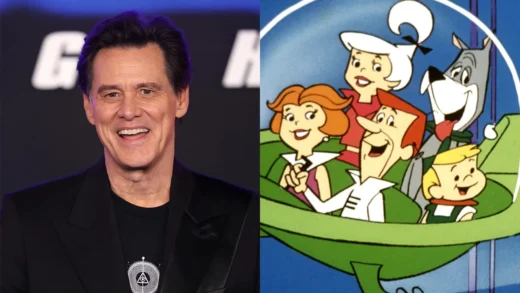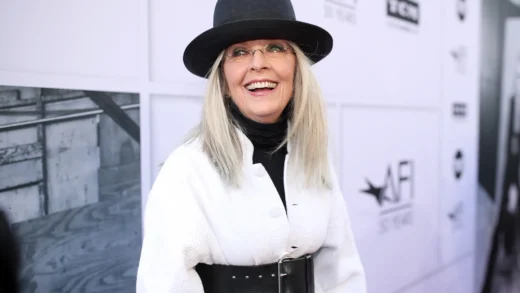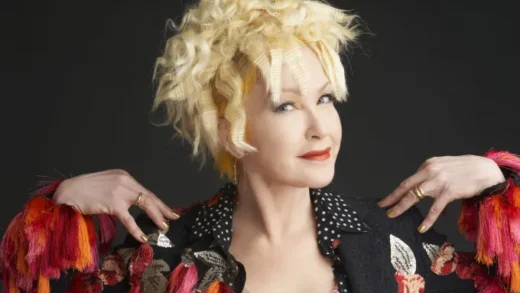Raquel Welch, the almond-eyed sex symbol who turned a doeskin bikini into one of the most iconic cinematic images of the 1960s, has died. She was 82.
Welch’s management company confirmed her death to The Hollywood Reporter.
Her success in Hollywood was due partly to talent, partly to perseverance but mostly to hitting the genetic jackpot. Although she turned in several respectable performances — as a scientist’s assistant in Fantastic Voyage (1966), as Lilian Lust in (1967), as a transgender revolutionary in Myra Breckinridge (1970) — it was her strikingly photogenic features and voluptuous figure that catapulted her to international stardom.
“The indelible image of a woman as queen of nature,” is how cultural critic Camille Paglia once described Welch’s onscreen appeal. The actress herself put it more succinctly. “I became,” she wrote in her 2010 autobiography, Beyond the Cleavage, “every male’s fantasy.”
Her first starring role with her second film after signing with 20th Century Fox, though it was hardly an actor’s dream. Her biggest line of dialogue in the prehistoric drama One Million Years B.C. (1966) was, “Me, Loana … You, Tumak.” Her experience on the set was even less inspiring.
“On the first day of shooting,” she recalled, “I went straight up to the director, Don Chaffey, and said quite seriously, ‘Listen, Don, I’ve been studying the script and I was thinking …’ He turned to me in amazement and said, ‘You were thinking? Don’t.’”
Still, even before the film came out, it was clear it would make Welch a star. The advance poster — Welch in the animal-skin two-piece — became the linchpin of the entire marketing campaign (“Mankind’s first bikini,” boasted one tagline). Although the movie was not a hit, Welch was. “A marvelous breathing monument to womankind,” raved The New York Times. Time magazine listed her cavewoman costume in its “Top Ten Bikinis in Pop Culture.”
Welch was not prepared for the attention. “In one fell swoop, everything in my life changed and everything about the real me was swept away,” she wrote years later of the rush of sudden fame. “She came into public consciousness as a physical presence, without a voice … It felt like I’d stumbled into a booby trap — pun intended.”
(Excerpt) Read more in: The Hollywood Reporter





